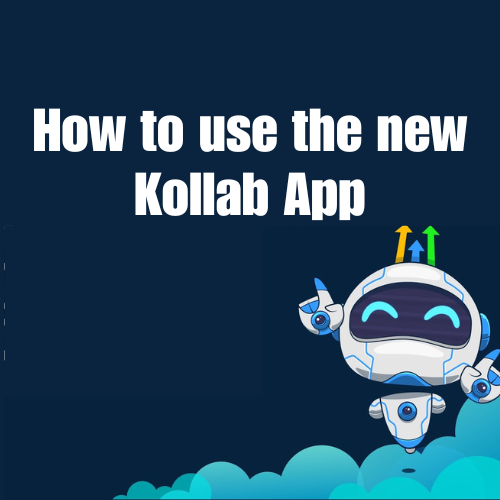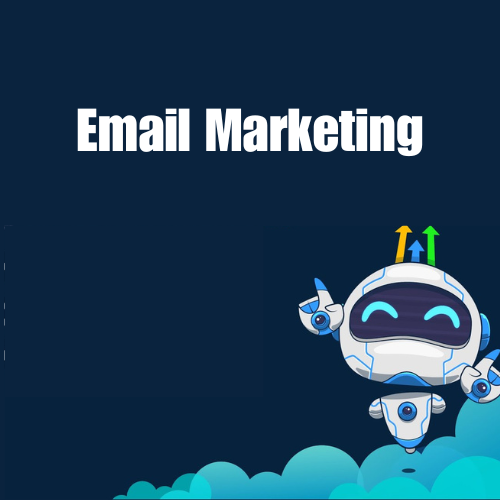**Creating and Verifying Stable AI-Controlled Systems: A Rigorous and Flexible Approach**
In the rapidly evolving world of artificial intelligence and automation, business owners and service providers face the challenge of developing stable AI-controlled systems. Ensuring these systems are both reliable and adaptable is crucial for seamless integration into existing operations. This blog post outlines effective strategies for creating and verifying stable AI systems, focusing on practical steps and real-world applications.
**Understanding the Stability of AI Systems**
Stability is the cornerstone of any AI-controlled system, especially for applications involving autonomous vehicles or industrial machinery. Neural network controllers, a critical component of these systems, must offer robust performance under various conditions. A stable system minimizes risks and reinforces trust in automated solutions.
**Rigorous Methods for Stability Verification**
To ensure AI systems operate reliably, it is essential to adopt rigorous verification methods. These methods may include:
1. **Simulation Testing:** By simulating different operational scenarios, businesses can identify potential failure points and address them before deployment.
2. **Formal Verification:** Techniques such as model checking can mathematically prove the correctness and stability of AI algorithms.
3. **Stress Testing:** Subjecting systems to extreme conditions helps in assessing their robustness and performance limits.
**Flexibility in AI-Controlled Systems**
While stability is critical, flexibility ensures that AI systems can adapt to changing requirements and environments. A flexible AI system can learn and evolve, thereby providing long-term value to businesses. Techniques like transfer learning and modular architecture allow systems to be easily updated and maintained.
**Practical Applications: From CRM to Funnel Builders**
For small to medium-sized businesses, AI-controlled systems offer numerous advantages, from streamlining customer relationship management (CRM) to optimizing sales funnels. Platforms like HighLevel, Kajabi, HubSpot, and ClickFunnels can benefit immensely from advanced AI automation. Implementing AI-driven solutions in these platforms can lead to enhanced customer experiences, improved lead generation, and increased operational efficiency.
**Conclusion**
Creating and verifying stable AI-controlled systems is a critical task for businesses aiming to leverage automation. By adhering to rigorous verification methods and ensuring system flexibility, business owners can achieve reliable and adaptable AI solutions. Whether you are a CRM user, service provider, or consultant, integrating AI into your operations can drive significant benefits.
**Call to Action**
Start your 14-day trial with us and gain access to our learning community. We build custom AI and automation solutions tailored for businesses. Get in touch today to have your custom-built AI and automation systems.


